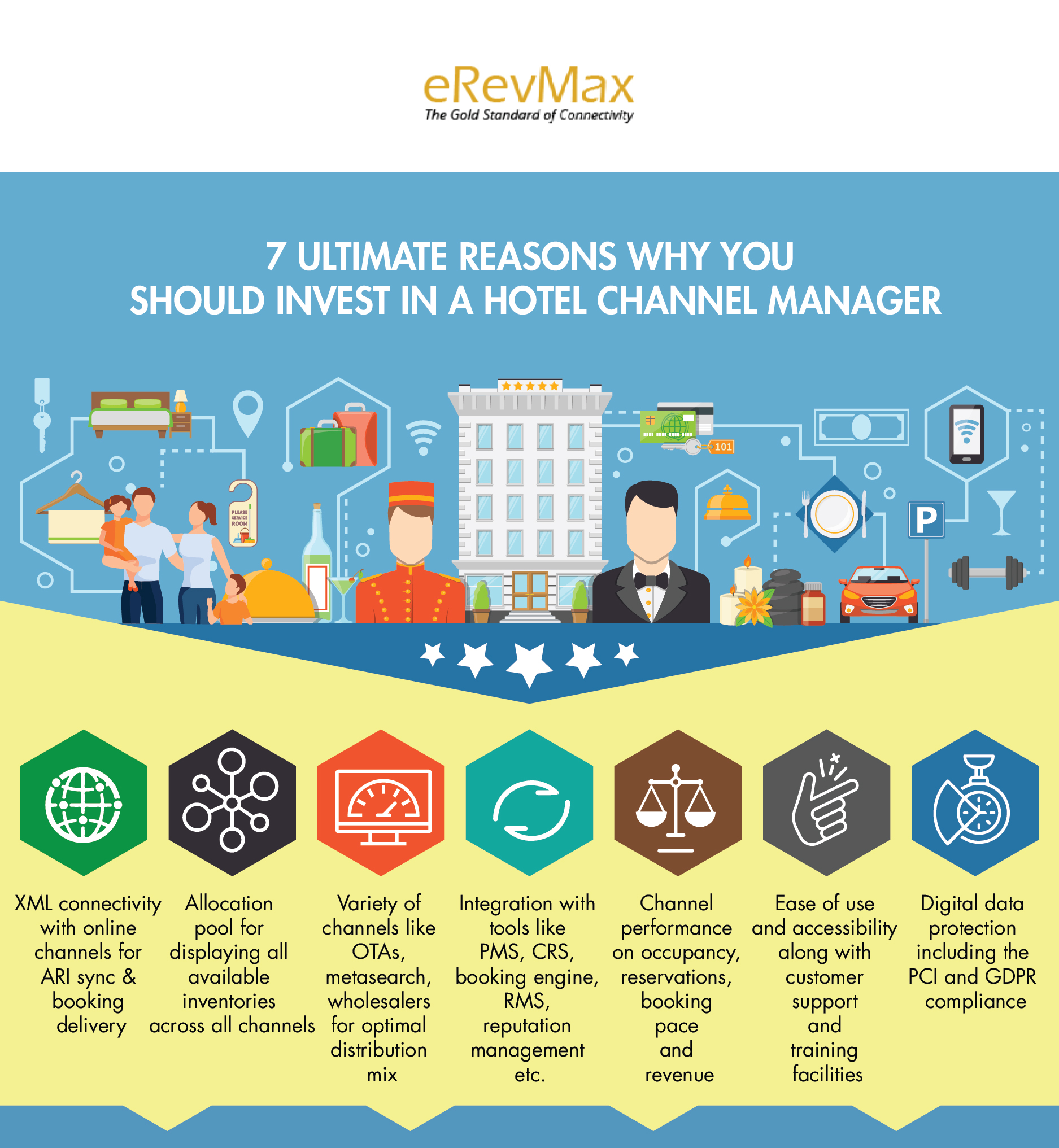These days, it is important for hospitality businesses to have a website of their own. Whether you have a small hotel in a quiet town in the country or running an independent hotel or managing hotel chains in some of the best destinations across the world, you have to know how to develop and design a hotel website that grabs the attention of your targeted market and makes travelers interested enough to drive bookings. When you are building a website for your hotel property, here are some important factors that you have to take into account.

Brand
You would like your website visitors to keep your hotel brand in consideration. For this reason, you have to consistently showcase your brand through your whole website. A lively color scheme and logo will let you establish a wonderful identity and let you associate with your target audience and establish a personal relationship.
Target market
Your site’s features have to be appealing to the wants and needs of your target market. In case your hotel is targeted at luxury vacationers, you have to post lovely images of the fantastic amenities in your hotel property. Post content that can be attractive to your audience. If you like to draw travelers who are from the millennial generation, your photos have to feature active, young adults who enjoy your property completely.
Booking form
Guests have to make the booking experience on your site a simple experience. This is the reason you have to spend on a hotel reservation engine that can be used easily and which also lets you boost conversions. It is also essential that you integrate a major call-to-action message such as “Book Now” to grab the attention of users.
SEO plans
There is no point to spend on a new site in case it cannot be found on the Google SERPs (Search Engine Results Pages). Make sure that your website content is properly optimized to rank for keywords that are relevant and is a vital factor in drawing traffic. Your SEO (Search Engine Optimization) plans are necessary to consider.
Site speed
Your website has to load fully and quickly in just a few seconds. Otherwise, your hotel can be at risk of losing potential guests to competitors. Make sure that your hotel site is designed to be fast loading. Keep in mind that even a delay of 2 – 3 seconds can make users impatient enough to go to the website of your competitors and opt for whatever they have on offer, even if it means opting for a more expensive deal.
Mobile capabilities
You require a website design that is responsive, and your hotel site builder has to assist you in achieving the same. A responsively designed hotel site can let your users navigate easily to your site – whether they use a mobile device or a desktop. The booking engine for your hotel should also accept mobile reservations, given that more and more travelers are making bookings with mobile devices. It can enhance the experience of users, and aid your SEO efforts.
Get Hotel Room Distribution Management and Channel manager software.





















